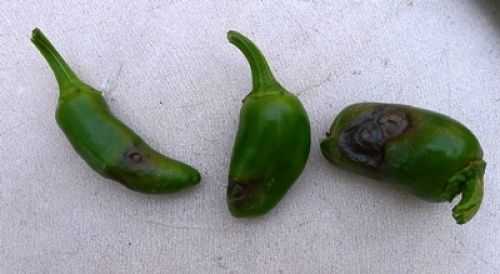
It’s that time of year when Facebook groups and Twitter feeds are filled with pictures and questions from gardeners that ask “What’s wrong with my plant?”
The symptoms may be different, but the cause is usually the same: Poor cultural practices, insect pests, four-legged pests, plant diseases or a combination of all of the above.
Can you name the problem affecting the pictured plants?
Photo One–Diseased Pepper Pods
Peppers may seem problem-proof, but even the most careful vegetable gardener may discover pepper pods with dark, sunken spots.
If you see these start to form on your plants, pick the peppers and destroy any infected plant parts. Most likely the problem is a fungal disease called anthracnose. The fungal spores can be blown into the garden or spread by insects.
To avoid this problem, plant resistant cultivars and rotate pepper crops to a different spot in the garden next season.
Photo Two–Unhealthy Squash Leaves
That powdery substance on squash, pumpkin, cucumber and other leaves is most likely powdery mildew.
Powdery mildew is another fungal disease that can harm leaves and cause fruits to ripen improperly. Pick off any diseased leaves and be sure to keep leaves out of the garden.
Prevent powdery mildew by keeping soil moisture high and watering early in the morning with drip irrigation or a soaker hose to keep leaves dry.
Photo Three–Damaged Fruit
The damaged squash suffered severely because it was too attractive to a squirrel, rabbit or other chewing mammal. It’s hard to protect fruits and vegetables from this kind of damage unless you’ve built a fence around the garden and buried chicken wire underneath it.
Some vegetable gardeners swear by sprays and powders to keep animals out of the garden. Others accept there will be some animal activity and simply plant more than they need so there will be enough to share.
Bonus Points–Diseased Rose Leaves
You get bonus points for identifying the spots on the rose leaves in the same picture. Black spot is another dreaded fungus disease that forms mostly on roses. The spores are typically carried by rain, wind, insects or garden tools.
Be sure to clip diseased leaves as soon as the spots appear and keep them out of the garden to prevent more damage. A thick layer of mulch around rose bushes can keep spores from splashing onto leaves during rainfall.
Congratulations (I think) if you were able to name all the plant problems.
Now, what problems are you seeing in your garden this season?
Fine Gardening Recommended Products
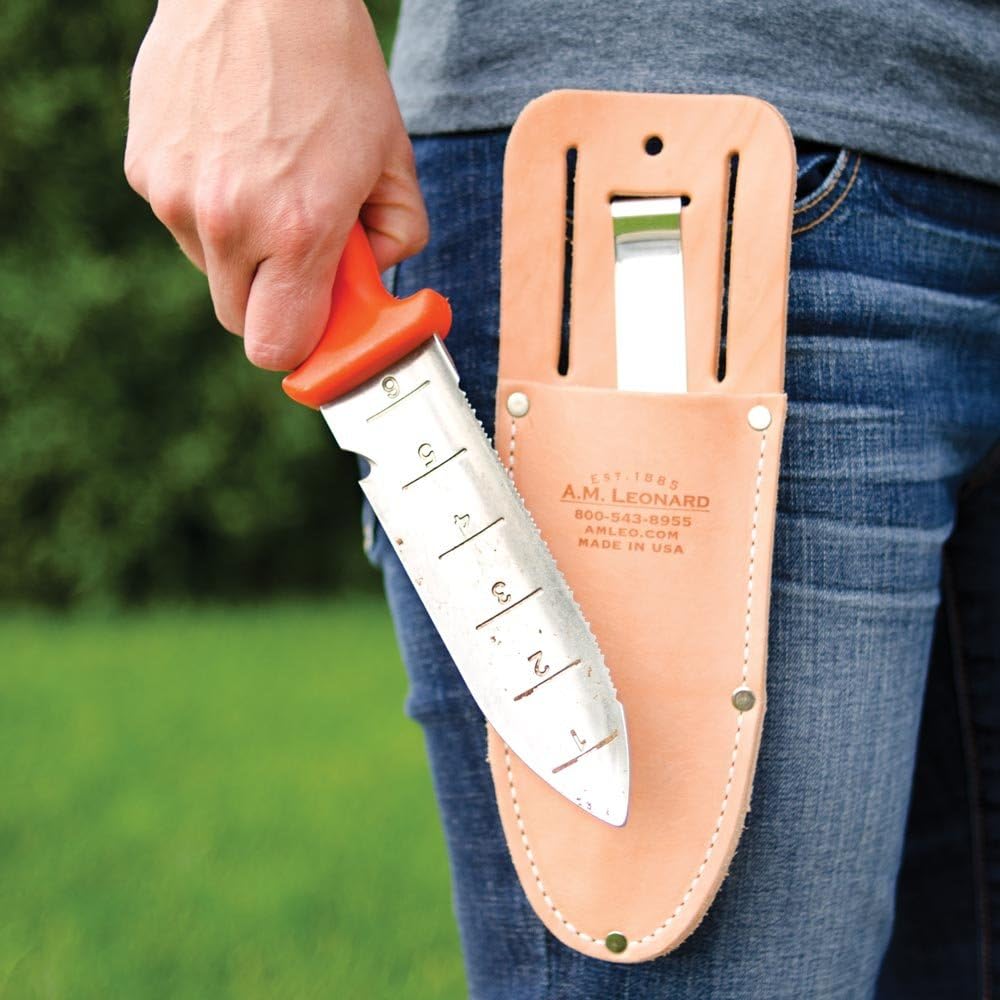
A.M. Leonard Deluxe Soil Knife & Leather Sheath Combo
Fine Gardening receives a commission for items purchased through links on this site, including Amazon Associates and other affiliate advertising programs.


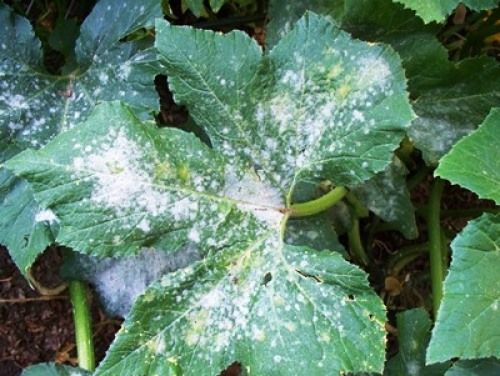
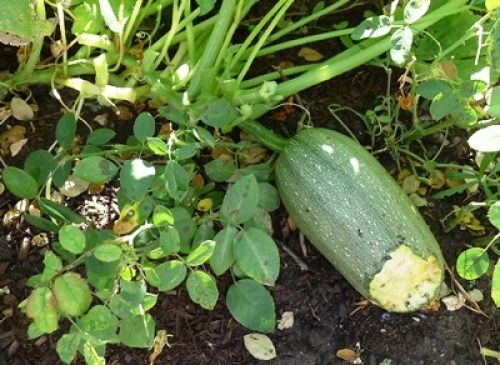



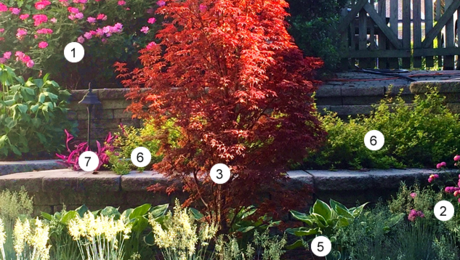


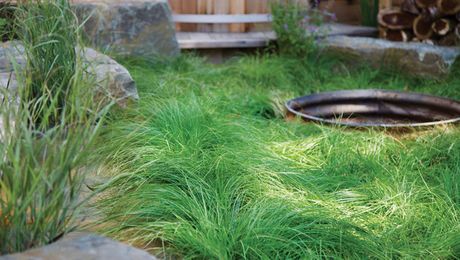










Comments
Log in or create an account to post a comment.
Sign up Log in